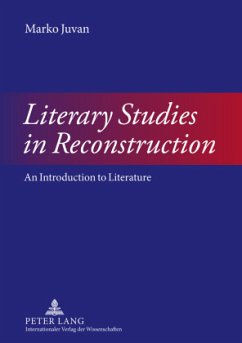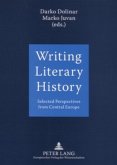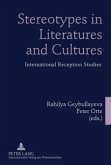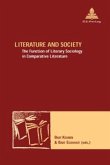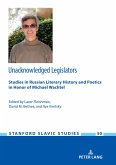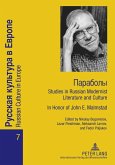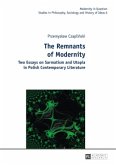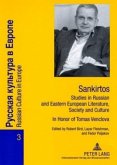The identity and relevance of literary studies require a conceptual and institutional reconstruction in response to the global reshaping and commodification of knowledge. The author thus proposes a theory of literary discourse and literary history that take into account literariness as an important socio-cultural phenomenon and revisits several critical concepts, such as world literature, literary text, genre, style, fiction, literary space, and cultural memory.
"Juvan's book is a lucid and thoughtful introduction to literary studies. Grounding his work in thorough knowledge of the history of the discipline and its current methodological concerns, Juvan helpfully reassembles a range of concepts central to the exploration and appreciation of literature. He does so fully aware of, and carefully responding to, the lessons of deconstruction and post-structuralism that have been urging us to rethink literariness, genre, style, and so many other mainstays of traditional literary studies." (Galin Tihanov, University of Manchester)

